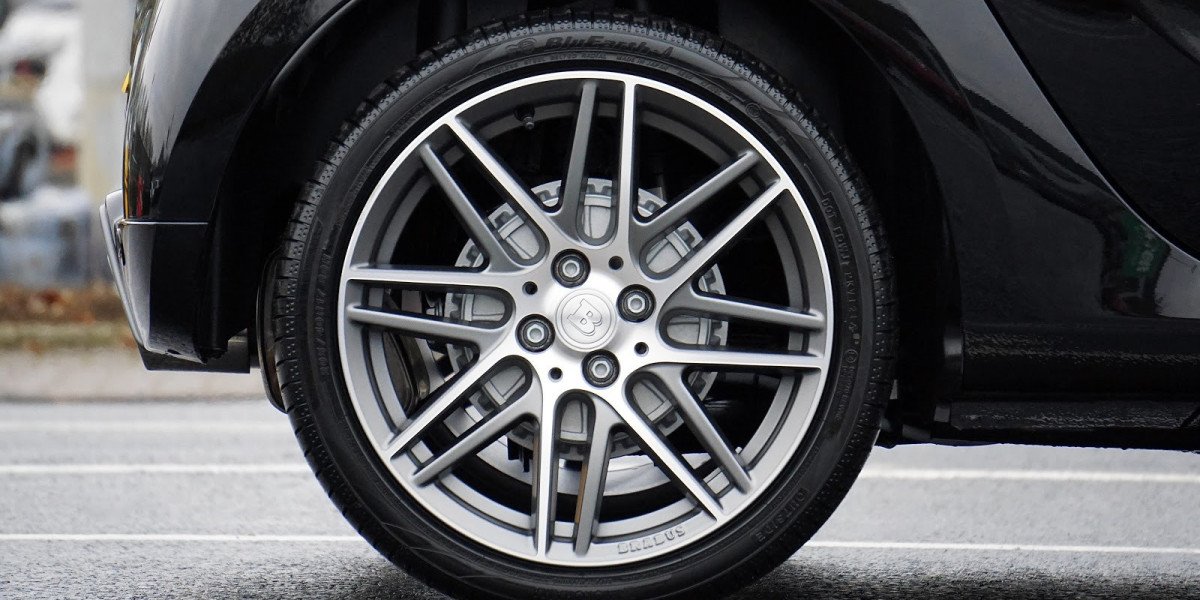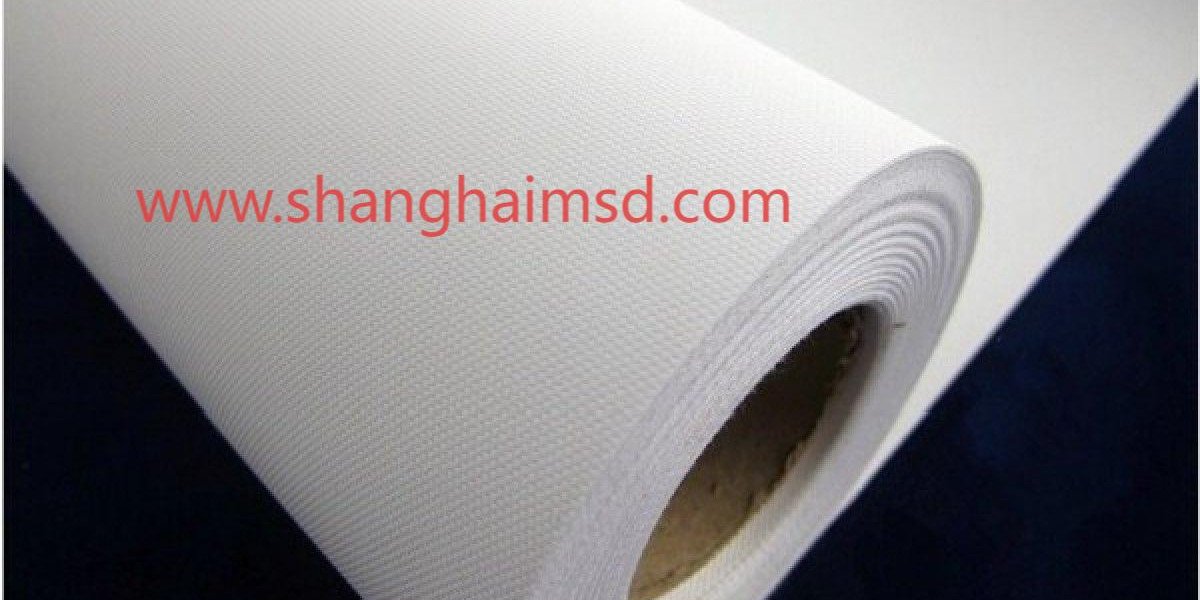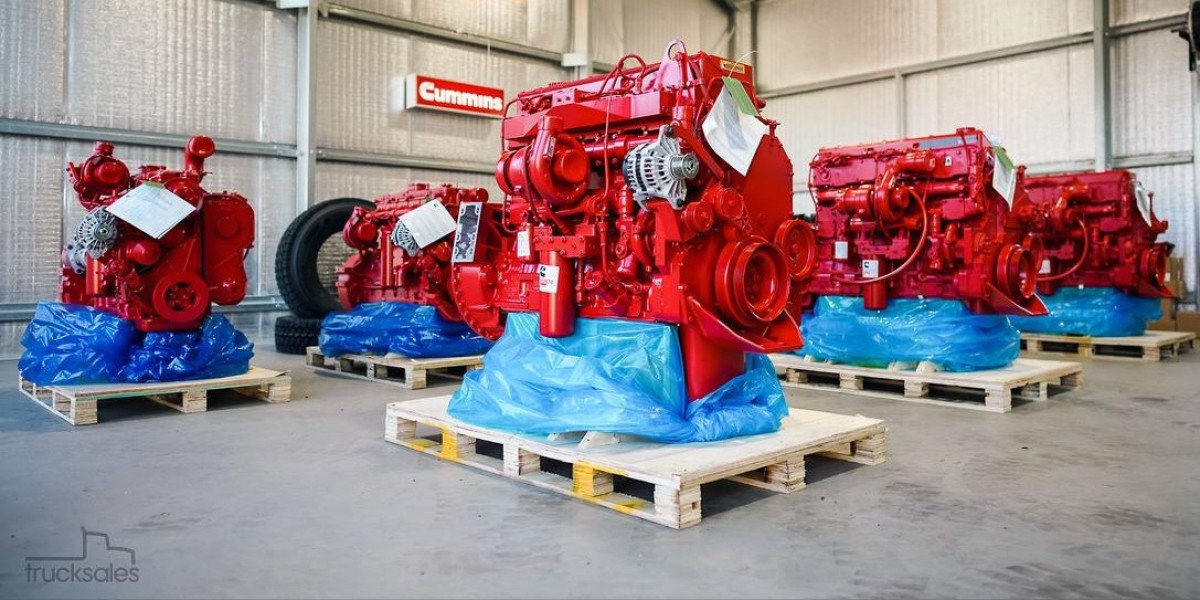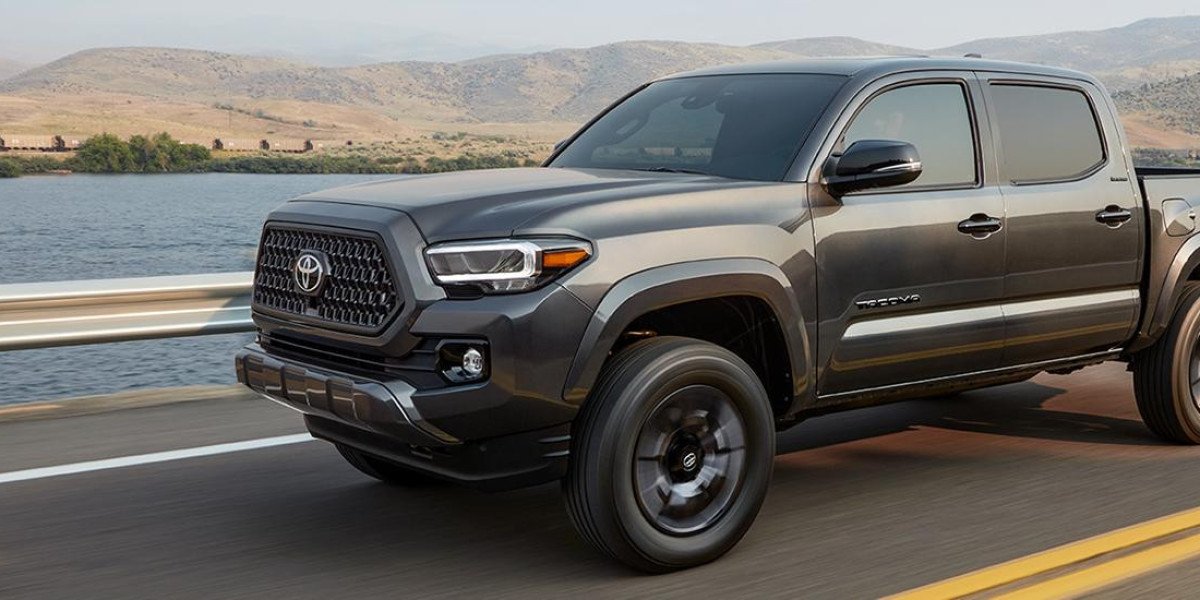Automotive alloy wheels have become a vital component combining aesthetic appeal, performance enhancement, and fuel efficiency across modern vehicles. With rising consumer preferences for lightweight, durable, and stylish wheels, manufacturers globally are innovating designs and materials while expanding production to meet surging demand.
According to Straits Research, the global automotive alloy wheel sector was valued at USD 24.99 billion in 2024 and is anticipated to grow from USD 27.45 billion in 2025 to USD 52.34 billion by 2033, reflecting a CAGR of 8.2% during the forecast period (2025–2033).
Growth Factors and Technological Innovations
One of the primary growth drivers is the increasing adoption of lightweight aluminum alloy wheels that reduce overall vehicle mass, improving fuel economy and enhancing performance. Electric vehicles (EVs), in particular, benefit from these wheels due to their weight-sensitive design needs. Manufacturers are investing in innovative casting and forging techniques to optimize strength, weight, and manufacturing efficiency.
Advanced surface finishing technologies like diamond cutting, painting, and coating not only bolster durability but also cater to the growing consumer desire for customization and luxury aesthetics. Additionally, sustainable manufacturing processes and the incorporation of recycled materials are gaining traction, aligning with evolving environmental regulations and corporate sustainability goals.
Regional Overview and Market Leaders
Asia-Pacific
Asia-Pacific remains the fastest-expanding region, led by China, India, and Japan’s automotive production boom. China dominates vehicle manufacturing, contributing over 30% of global output. Companies like CITIC Dicastal lead in volume manufacturing with vertically integrated, automated processes. Indian manufacturers such as Uno Minda and Neo Wheels hold significant shares in regional automotive wheel manufacturing and the aftermarket.
Europe
Europe's robust automotive sector, especially in Germany, the UK, and France, drives demand for premium alloy wheels integrating advanced manufacturing and eco-friendly production. Leading players such as Ronal Group, Borbet GmbH, and BBS are known for high precision and innovative lightweight designs. Notably, Borbet enhanced its portfolio after acquiring Dymag Group Limited, integrating carbon hybrid wheel technology for performance applications.
North America
North America features established leaders like Maxion Wheels and Wheel Pros. Maxion stands as the world’s largest wheel manufacturer with expansive production facilities across continents, supplying critical OEMs and aftermarket channels. The growing electric and luxury vehicle segments intensify demand for customized alloy wheels tailored for high-performance and aesthetic appeal.
Latin America & Middle East
Brazil and Mexico are rapidly developing their automotive sectors, with increasing alloy wheel production supporting regional automotive growth. Similarly, Middle Eastern countries focus on luxury vehicle customization and imports, incentivizing demand for premium alloy wheels.
Key Players and Competitive Analysis
Enkei Corporation (Japan): Renowned for high-performance, lightweight racing wheels, Enkei supplies both OEMs and motorsports, maintaining high brand loyalty through quality and innovation.
BBS (Germany): A premium wheel manufacturer recognized for forged alloy wheels with multi-spoke intricate designs favored in motorsports and luxury vehicles.
Ronal Group (Switzerland): One of the largest European manufacturers, famed for eco-conscious production methods and the carbon-neutral RONAL R70-blue wheel.
Maxion Wheels (Brazil/Global): Largest global manufacturer with diversified product lines ranging from steel to alloy wheels, leveraging scale and manufacturing footprint.
CITIC Dicastal (China): The biggest aluminum wheel manufacturer in China, with highly automated, vertically integrated facilities supplying global automakers.
Neo Wheels (India): Strong presence in the aftermarket, highlighted by deep market penetration and innovation showcased at Auto Expo 2025 with new premium wheel designs.
Borbet GmbH (Germany): Known for stylish and performance-oriented alloy wheels, Borbet expanded capabilities by acquiring Dymag, enhancing its high-tech carbon hybrid wheel offerings.
Recent Industry Developments
In early 2025, Neo Wheels unveiled a new range of 22-inch diamond-cut alloy wheels designed for SUVs at Auto Expo 2025, emphasizing strength and visual appeal for the Indian market.
Borbet GmbH’s acquisition of Dymag Group Limited in 2024 enabled it to incorporate lightweight carbon hybrid wheel technology for OEM and aftermarket customers globally.
CITIC Dicastal continued to expand production while enhancing automation and smart manufacturing, maintaining its position as a dominant player in the booming Chinese EV sector.
Maxion Wheels marked 100 years of experience by launching lightweight alloy wheels catering to commercial and electric vehicles with next-generation material science innovations.
Emerging Trends
Electric Vehicle Focus: Alloy wheels optimized for EVs with lightweight, low rolling resistance, and thermal management to support battery efficiency and vehicle range are increasingly sought after.
Customization and Aesthetics: Consumer demand drives manufacturers to offer custom finishes, colors, and unique designs, augmenting the wheel’s visual impact without compromising performance.
Advanced Manufacturing: Techniques like flow forming, forging, and hybrid casting enable lighter, stronger wheels, pushing design and performance boundaries.
Sustainable Production: Increasing use of recycled aluminum and reduction of manufacturing waste align with global commitments to carbon neutrality.
Integration of Smart Technologies: Early research into embedding sensors within wheels for tire pressure and condition monitoring points toward connected wheel future possibilities.
Challenges to Address
Global raw material volatility, especially aluminum and alloys costs, remain a concern due to geopolitical tensions and trade regulations. Meanwhile, continued innovation demands hefty R&D investment while balancing cost-effectiveness for mass production. Fast-changing consumer preferences require agility from manufacturers to stay competitive.
Conclusion
The automotive alloy wheel space is evolving rapidly as manufacturers leverage technology, sustainability, and consumer trends to push market boundaries. With strategic investments from industry leaders across Asia-Pacific, Europe, and the Americas, alloy wheels are set to remain a distinctive component enhancing vehicle performance and aesthetics for years ahead.







